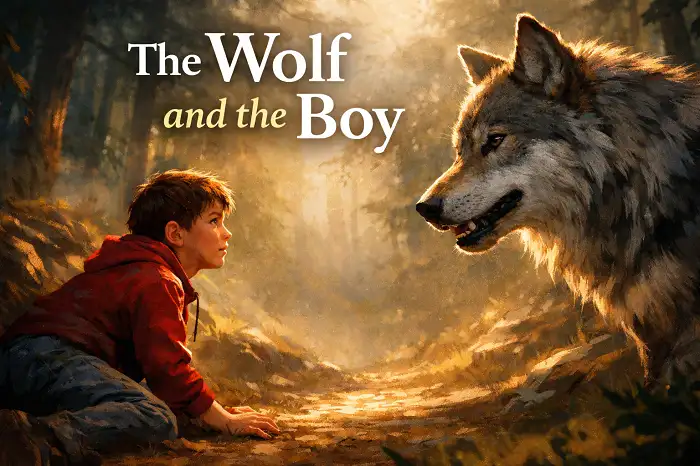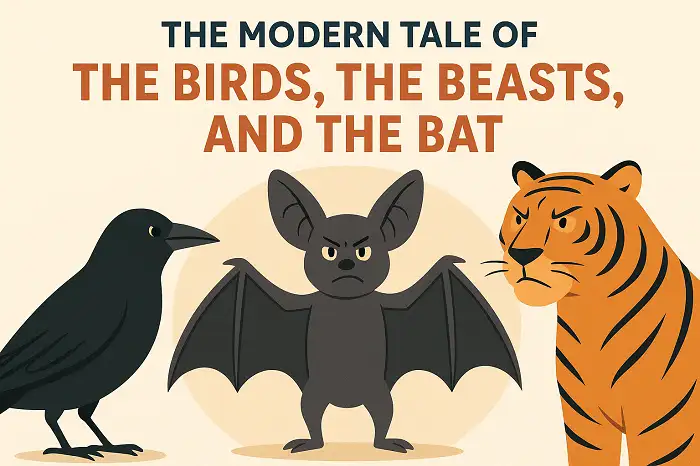The Dog and the Shadow The Dog and the Shadow - learn English with fairy tales from Aesop's fables with a podcast, list of useful words and phrases, illustrated flashcards and text-to-speech, ideal for young learners and beginners. https://www.youtube.com/watch?v=cmz2dZ_7oDA A DOG, crossing a bridge over a stream with a piece of flesh in his mouth, saw his own shadow in the water and took it for that of another Dog, with a piece of meat double his own in size. He immediately let go of his own, and fiercely attacked the other Dog to get his larger piece from him. ...
Home » English Short Stories » The Dog and the Shadow – English Fairy Tale

The Dog and the Shadow – English Fairy Tale
Updated: by Dr. Mohammad Hossein Hariri Asl
Time to Read: 2 minutes | 423 Views | 2 Comments on The Dog and the Shadow – English Fairy Tale
Share This Post
About the Author
Dr. Mohammad Hossein Hariri Asl is an English and Persian instructor, educator, researcher, inventor, published author, blogger, SEO expert, website developer, entrepreneur, and the creator of LELB Society. He's got a PhD in TEFL (Teaching English as a Foreign Language).
Number of Posts: 4242



The dog and the shadow by Aesop reminds us that it is better to hold onto something you already have than to risk losing it by trying to get something better. For instance, when you have a stable job that pays well, but you receive an offer for a job that might pay more if the company grows. It is better you pay attention to value the certainty of your stable income over the uncertain potential of the new job.
You’ve correctly identified the central lesson of “The Dog and the Shadow.” Aesop’s fable serves as a cautionary tale against greed and the pursuit of illusory gains. The dog’s loss of its real bone while grasping for its reflection perfectly illustrates the danger of prioritizing potential, often uncertain, future rewards over the tangible, present benefits we already possess. Your example of the stable job versus the risky opportunity effectively translates this ancient wisdom into a modern context, highlighting the enduring relevance of valuing certainty and contentment over the fleeting allure of “something better.”